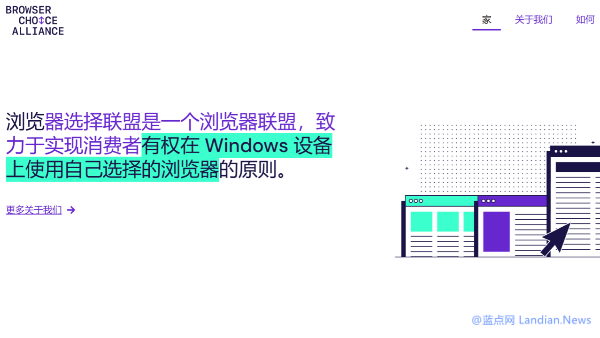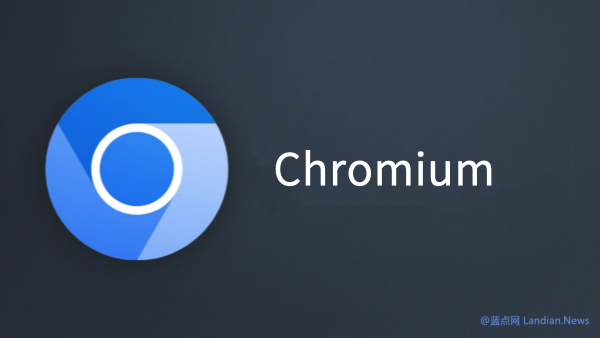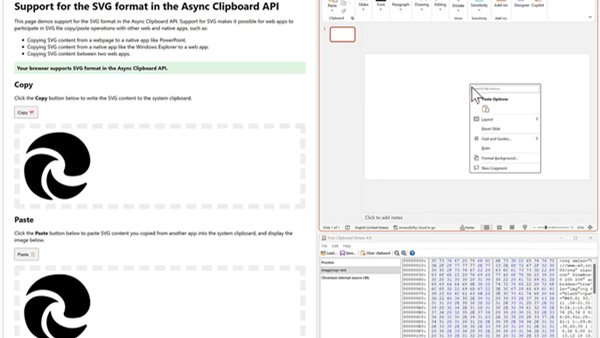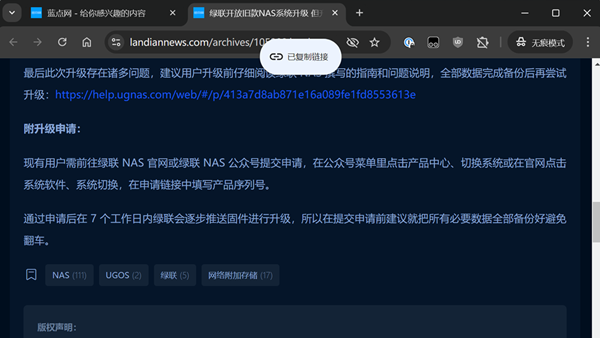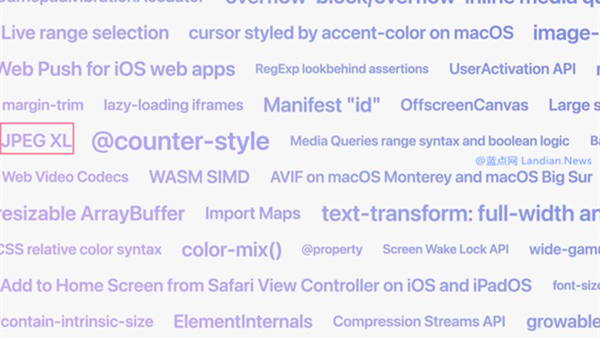Vivaldi Browser Decides to Follow Manifest V3, Phasing Out V2 Extensions
In the evolving landscape of web browsers, the transition to Manifest V3 has been a topic of much debate, particularly due to its implications for ad-blocking extensions. Chrome has been at the forefront of this transition, gradually phasing out extensions developed with Manifest V2, even though users can still manually enable them until Chrome completely prohibits V2 extensions.
Manifest V3 has sparked controversy primarily around its restrictions on ad-blocking capabilities, effectively limiting the full potential of ad-blocking extensions based on the V2 standard. However, it's worth noting that V3 introduces significant improvements in security, privacy, and performance compared to V2, which has been endorsed by engineers and industry professionals, including those from Microsoft, albeit in a personal capacity.
Vivaldi, a third-party browser built on the Chromium engine, has announced its decision to align with the Manifest V3 standard, signaling a gradual phase-out of extensions based on Manifest V2. Vivaldi has expressed understanding towards the necessity of retiring the older standard due to its potential to affect performance, slow down pages, and allow for third-party script modifications, which could compromise security.
Vivaldi plans to follow the code changes in the Chromium engine closely, continuing to support V2 extensions as long as Chromium does. This support is expected to last until June 2025, after which Vivaldi will cease support for V2 extensions. However, this timeline could be adjusted depending on unforeseen changes in the Chromium codebase.
Vivaldi users need not worry about diminished ad-blocking capabilities. The browser is gearing up to enhance its tracking and ad-blocking functionalities in the upcoming version 6.8 release. Additionally, Vivaldi supports user customization, including the ability to tailor ad-blocking preferences to individual needs.

